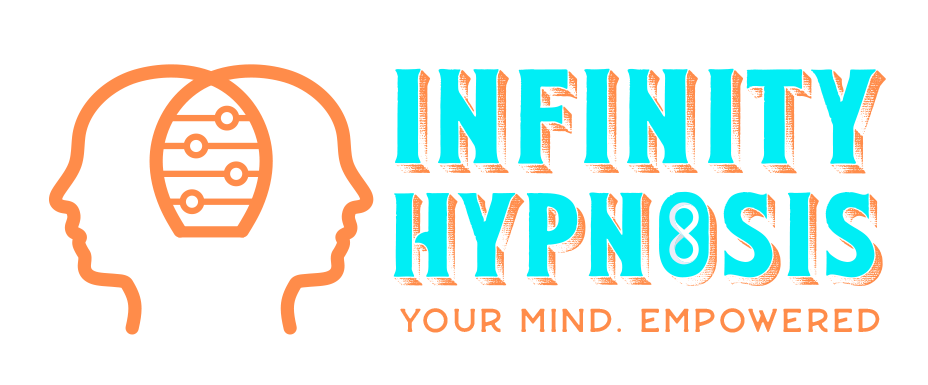ARFID and Children

In this week’s article I would like to provide information about a topic regarding feeding that has come up more and more often recently. It is a difficult issue that so many parents are facing and have so many concerns about, but is not talked about. As a pediatric feeding specialist, I get tons of questions every day regarding children and their eating. Is this normal for my baby? When should I start solids? What is normal picky eating and what is not? But recently, parents have been asking me the same question: “Is my child too old to be helped with feeding therapy?”
And the answer is no! Many older children can be helped with the right feeding therapy. Sometimes hypnosis helps, other times it is best to stick with things such as exposure therapy. It is not always easy, but people can benefit from food exposures, treatment, and can change the way they eat. In fact, there is now even a diagnosis that is newer to world of pediatric feeding difficulties that many parents have not even heard of that often impacts the lives of older children. It is called Avoidance Restrictive Food Intake Disorder, or ARFID for short.
ARFID is characterized by a persistent disturbance in eating leading to weight loss or growth disturbances, nutrient deficiencies, dependence on supplements, and impaired psychosocial functioning. This unwillingness to eat is not the result of the child wanting to change their body or lose weight. ARFID is a relatively new diagnosis for picky eaters with food phobia. The fear of food, or anxiety around food, is the hallmark of this diagnosis.
Here are some common signs of ARFID:
food refusal
poor or delayed eating or feeding skills
underweight or slowed growth
anxiety, especially around new food or trying foods
texture sensitivities
a vey limited list of preferred foods
Eating foods of similar characteristics
Preferences for particular ways foods are prepared
Avoidance of entire food groups (like no veggies, no meats)
Eliminates foods and these foods never get back into their diets
Nutrient deficiencies (iron, vitamin A, and vitamin C most common)
Becomes emotional or demonstrates stress around unfamiliar foods
Food limitations impacting social engagements negatively
Simply unwilling to try new foods
Parents often seek help in late elementary years or early middle school
Kids with ARFID may or may not have underlying reasons for their food refusals. They also often have some of the following co-morbidities:
Early negative associations with food (choking, gagging, vomiting)
poor or delayed eating/feeding skills
have often been low on the growth chart; may have been labeled as failure to thrive at one point
anxiety
texture sensitivities
A diagnosis of Anxiety Disorder, ADD, or ADHD, or Autism Spectrum Disorder.
So, how does this impact my family?
Having a picky eater in the house is stressful! Add in a busy life, years of refusals, some quick negotiations, parents worrying that their child is not growing well, advice from relatives, and it is easy to see how quickly unhealthy patterns arise. Short order cooks evolve over time. Items that were preferences are gradually set in stone. A limited diet becomes smaller and smaller. Sometime force or pressure is used making the situation worse. Bribery becomes used. Unhealthy diets go from bad to worse. Nutritional gaps grow bigger and bigger until help is needed.
Luckily, there is treatment for ARFID! Treatment is not quick, but you should see improvement between sessions if you are putting in work at home. Be aware that treatment for ARFID can be long and it takes the effort of the entire family for things to progress.
Things you can look forward to with treatment:
1) It can improve nutritional status and growth
2) It can help overcome fear of food
3) It can improve family relations and decrease stress at mealtimes
4) It can help with diet expansion
Things you should be aware of when beginning treatment:
1) Progress may be slow
2) Family follow through is key-it may be challenging to put in the effort to see real results. This therapy is not simply about your child. Parental involvement is essential.
3) Hypnosis MAY be an option. You need to find a skilled provider, and young children are not good candidates. Remember, hypnosis is not the ONLY treatment. And it is not for everyone.
4) Healthcare professionals who are not trained in feeding, especially with ARFID, as well as nutrition, may cause more harm to the child with ARFID. Choose your providers carefully
5) Things may get worse before they get better. This is a process. You may need to break through some barriers before you see real results.
6) Goals should be realistic and explained prior to therapy starting
Kelly is a feeding specialist and founder of pickyeatersonline.com and infinityhypnosis.com treating children and adults with feeding disorders such as ARFID. Contact her with any questions or concerns. She can be reached at [email protected] or [email protected]
